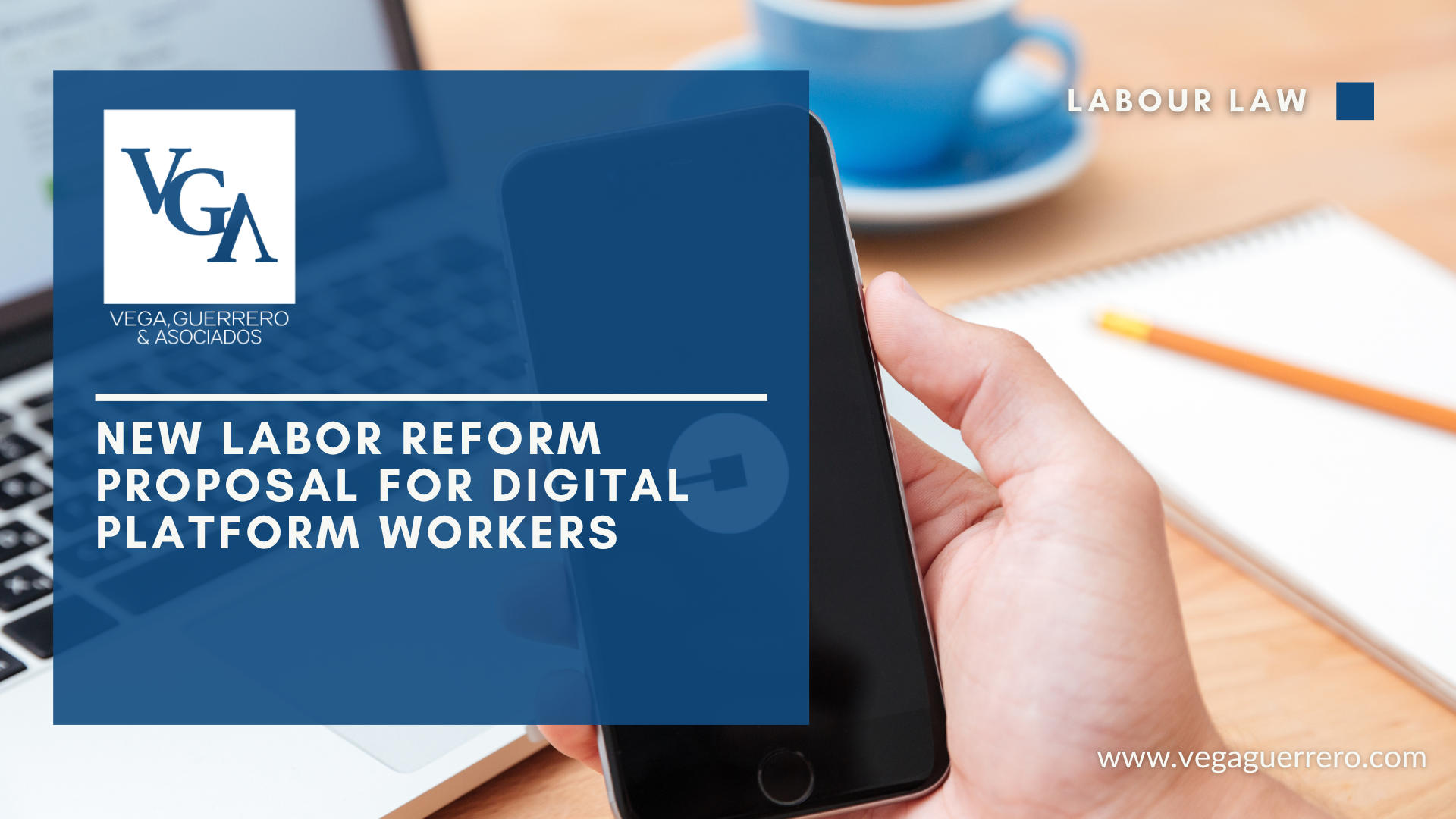The Mexican government has presented a labor reform initiative to regulate the rights of workers of digital platforms such as Uber, Didi and Rappi. This proposal, announced by President Claudia Sheinbaum and Labor Secretary Marath Bolaños, seeks to formalize the labor relationship of drivers and delivery drivers, guaranteeing access to social security benefits.
Key aspects of the reform:
- Labor recognition: The subordinate labor relationship is recognized, with a “discontinuous subordination” based on the time actually worked.
- Social security: Workers who generate at least the equivalent of one minimum monthly salary will have access to benefits such as IMSS and Infonavit.
- Profit sharing: Employees who accumulate more than 288 annual hours of work will be eligible for profit sharing.
- Flexibility and rights: Workers will retain the flexibility to choose their schedules, without unfair restrictions imposed by the platforms.
Additional obligations for digital platforms:
- Registration of workers: Platforms must register employees with the IMSS and make the corresponding contributions.
- Transparent payments: Detailed weekly pay vouchers will be required to be issued, specifying the time worked and applicable tax withholdings.
- Algorithmic management policy: Companies should implement a clear policy on the use of algorithms for task assignment and employee performance evaluation.
This reform will impact thousands of workers and companies in Mexico. If you require advice on how to adapt to these changes, do not hesitate to contact us at Vega, Guerrero & Asociados.




